The pros and cons of solar energy
Solar power could become the primary source of electricity worldwide by 2050 – but there are still clouds in the forecast
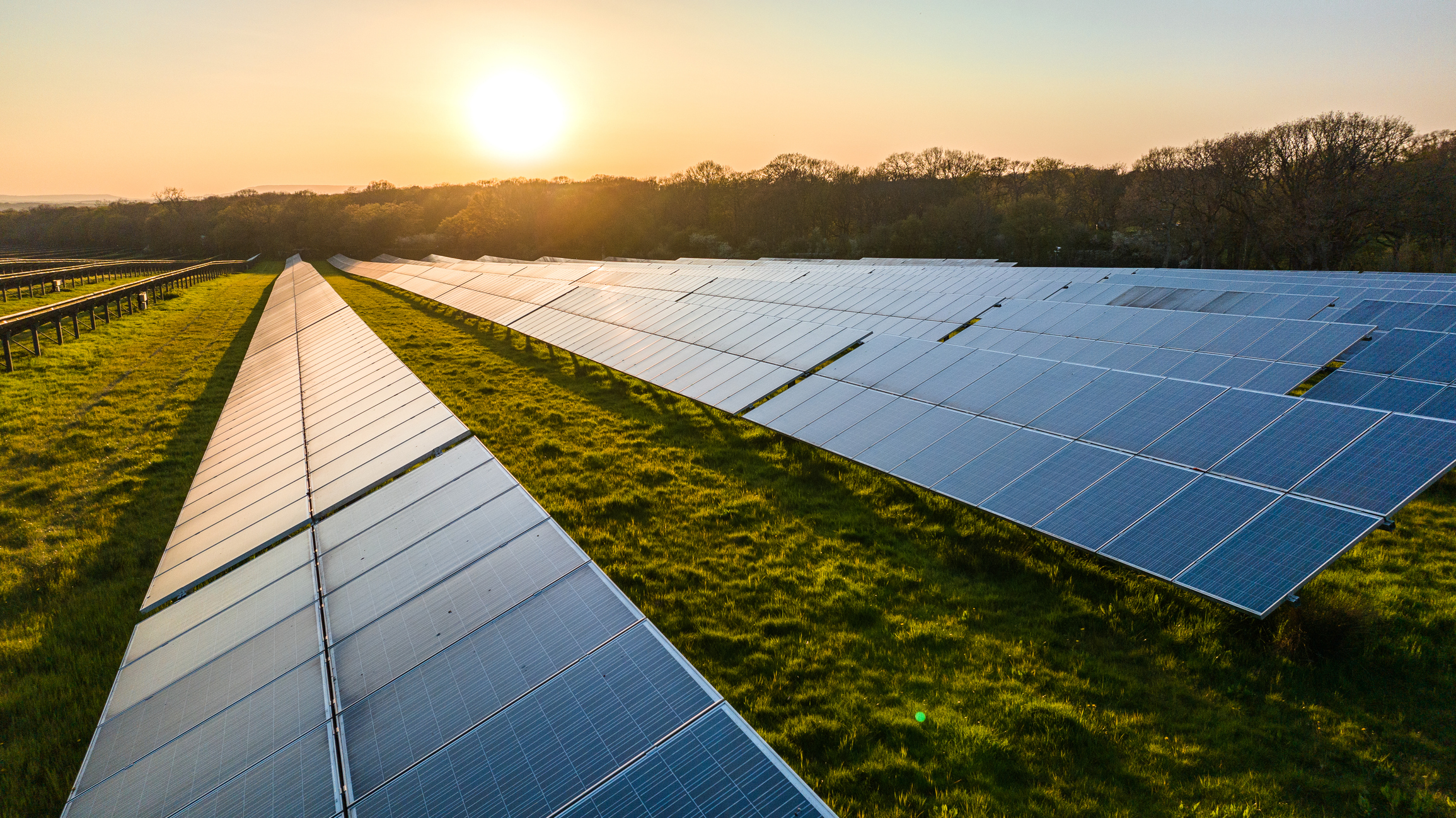
A free daily email with the biggest news stories of the day – and the best features from TheWeek.com
You are now subscribed
Your newsletter sign-up was successful
Solar power is the third largest source of renewable energy globally, behind hydropower and wind – but it's the fastest-growing.
In 2023, three-quarters of new renewable electricity capacity came from solar power, according to the International Energy Agency.
Solar energy refers to power generated by sunlight, captured via solar panels. Most solar energy is photovoltaic (PV) – converting light into electricity – but the sun's rays can also be used to power thermal panels, which directly heat water or other liquids.
The Week
Escape your echo chamber. Get the facts behind the news, plus analysis from multiple perspectives.

Sign up for The Week's Free Newsletters
From our morning news briefing to a weekly Good News Newsletter, get the best of The Week delivered directly to your inbox.
From our morning news briefing to a weekly Good News Newsletter, get the best of The Week delivered directly to your inbox.
Climate experts are united on the need to transition to renewable energy sources, but the field of solar power is not without its concerns and controversies.
Pro: it's already working
The momentum of solar energy uptake has already passed a "tipping point" towards "irreversible" dominance, according to researchers at the University of Exeter and University College London.
Their study, published in the journal Nature Communications last year, predicted that by the middle of this century solar power "will have come to dominate the [global energy] mix". It credited the technology's wide availability and "economic attractiveness" for creating "a cycle of increasing investments" around the world.
Con: billions of panels need recycling
The 2.5 billion or so solar panels currently installed around the world will start to lose efficiency after 25 to 30 years, said the BBC, yet "specialist infrastructure to scrap and recycle them is lacking".
A free daily email with the biggest news stories of the day – and the best features from TheWeek.com
With the first wave of solar panels now "approaching retirement", action is needed to create facilities to recycle them effectively.
"It's going to be a waste mountain by 2050, unless we get recycling chains going now," Ute Collier, deputy director of the International Renewable Energy Agency, told the broadcaster.
Pro: improving technology
The efficiency of solar panels has seen "significant progress" in recent years, said The Independent, "primarily boosted by the so-called 'miracle material' perovskite", which consists of calcium titanium oxide.
One of the most persistent concerns over solar panels is their capacity to generate enough energy to cover cloudy spells, but perovskite solar cells "are able to capture about 20 per cent more energy from sunlight than traditional ones made from silicon", said the Financial Times. It's no wonder the material is "the talk of solar energy circles", although production would need to ramp up significantly if they were to become standard on the global market.
Con: vast solar farms
Rooftop solar panels can supply power effectively to individual homes and businesses, but harnessing solar energy on a wider level means massive solar farms.
For instance, the planned Botley West mega farm in Oxfordshire, which would supply energy to an estimated 330,000 homes, would take up about five square miles of countryside. Proposals such as this one are putting "the frontline of the battle to go green… in rural community halls", said Politico.
Botley West has provoked a fierce backlash, from concerns over the impact on wildlife to local residents "grumpy about potential noise and bucolic views being spoiled", the news site said.
Pro: the sky's not the limit
Solar farms in space would be a novel way to avoid protests over spoiled countryside – and they're closer than you might think.
Until a few years ago, the idea would have been "dismissed as science fiction", said Sky News science correspondent Thomas Moore, but now governments and private companies alike are investing in plans to launch specially designed systems of solar panels into orbit.
Solar panels would "capture 13 times more energy in space than they do on the ground", Moore said, so even allowing for energy lost while being beamed back to Earth, "it would still far outstrip solar generation on the ground".
Con: China's dominance
Even as uptake of solar energy increases worldwide, Europe-based manufacturers of solar cells are scaling back production or even going bankrupt because "in some cases 95%" of panels and parts installed in Europe come from China, said Reuters.
Chinese manufacturers offer lower prices than their Western counterparts, but reliance on China raises questions over "cybersecurity and sustainability", as well as labour practices. Almost half of the polysilicon used in solar panel production comes from the Xinjiang Autonomous Region – home to China's Uighur Muslim minority, who are regularly subjected to forced labour.
The European Commission's recent Solar Charter introduced measures designed to "help European clean tech manufacturers compete with foreign suppliers", Reuters said, but still chose to "steer clear of restrictions on cheap panel imports from China".
Rebecca Messina is the deputy editor of The Week's UK digital team. She first joined The Week in 2015 as an editorial assistant, later becoming a staff writer and then deputy news editor, and was also a founding panellist on "The Week Unwrapped" podcast. In 2019, she became digital editor on lifestyle magazines in Bristol, in which role she oversaw the launch of interiors website YourHomeStyle.uk, before returning to The Week in 2024.
-
 How the FCC’s ‘equal time’ rule works
How the FCC’s ‘equal time’ rule worksIn the Spotlight The law is at the heart of the Colbert-CBS conflict
-
 What is the endgame in the DHS shutdown?
What is the endgame in the DHS shutdown?Today’s Big Question Democrats want to rein in ICE’s immigration crackdown
-
 ‘Poor time management isn’t just an inconvenience’
‘Poor time management isn’t just an inconvenience’Instant Opinion Opinion, comment and editorials of the day
-
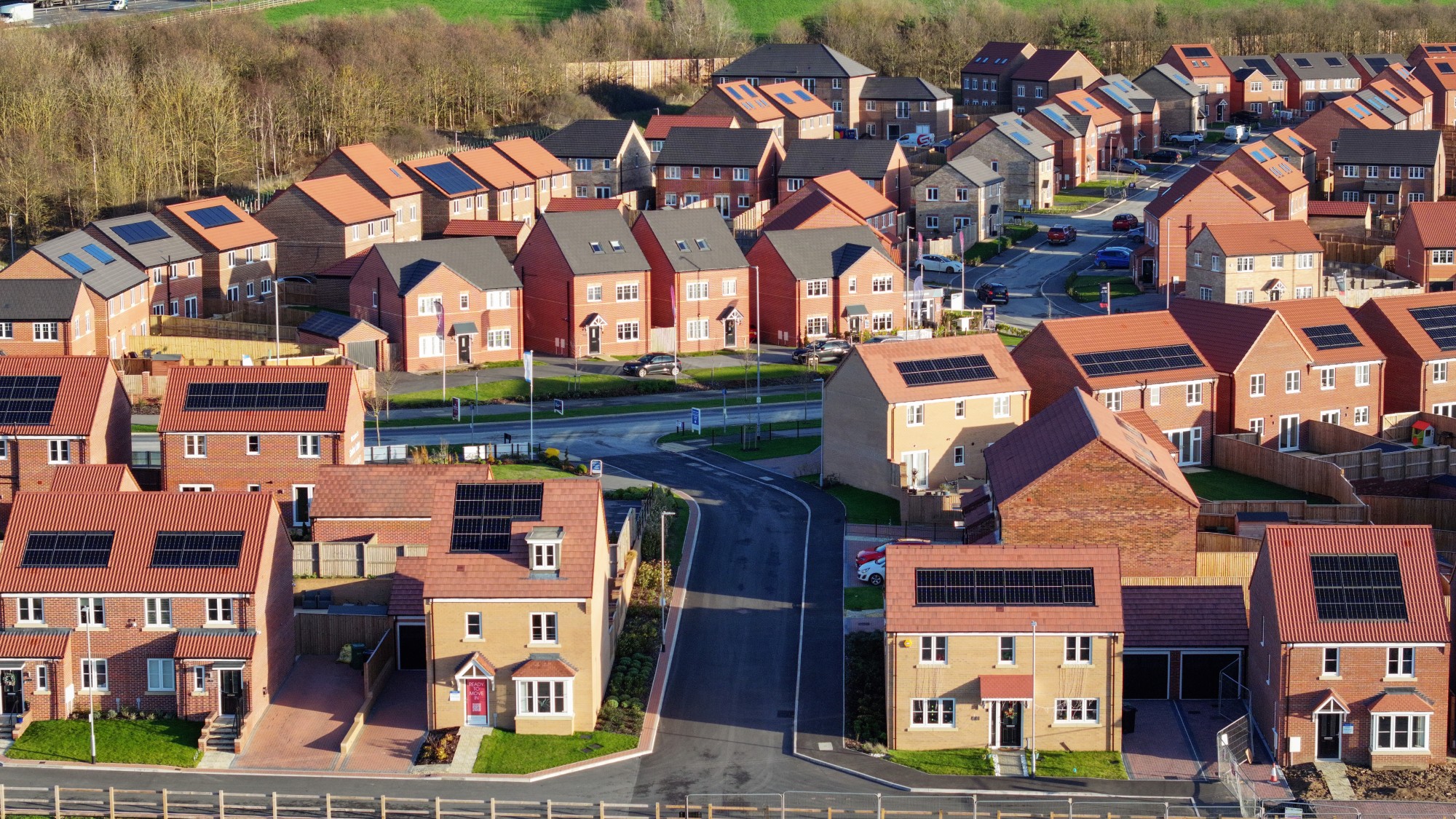 Zero-bills homes: how you could pay nothing for your energy
Zero-bills homes: how you could pay nothing for your energyThe Explainer The scheme, introduced by Octopus Energy, uses ‘bill-busting’ and ‘cutting-edge’ technology to remove energy bills altogether
-
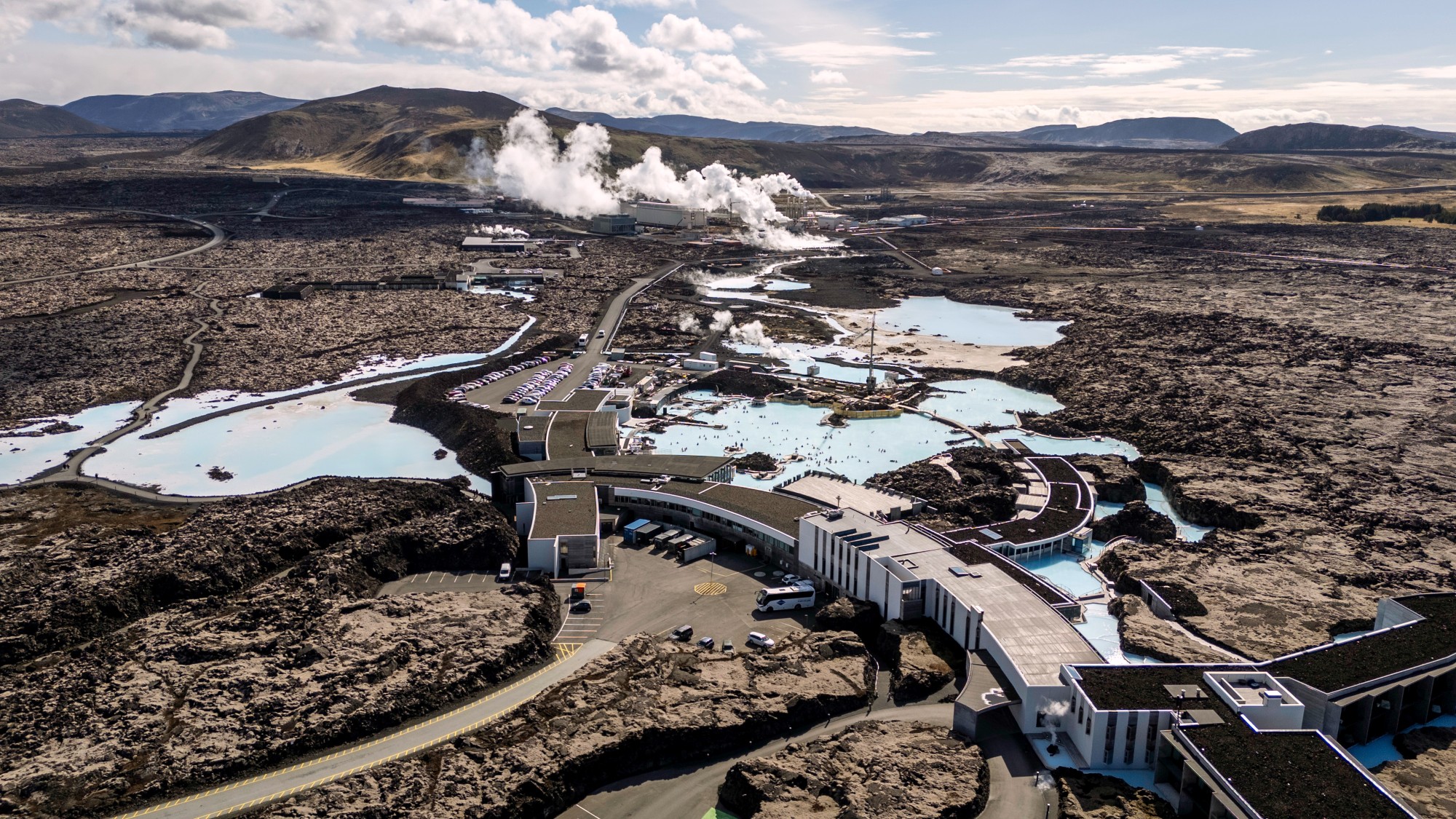 Pros and cons of geothermal energy
Pros and cons of geothermal energyPros and Cons Renewable source is environmentally friendly but it is location-specific
-
 Builders return to the stone age
Builders return to the stone ageUnder the Radar With brick building becoming ‘increasingly unsustainable’, could a reversion to stone be the future?
-
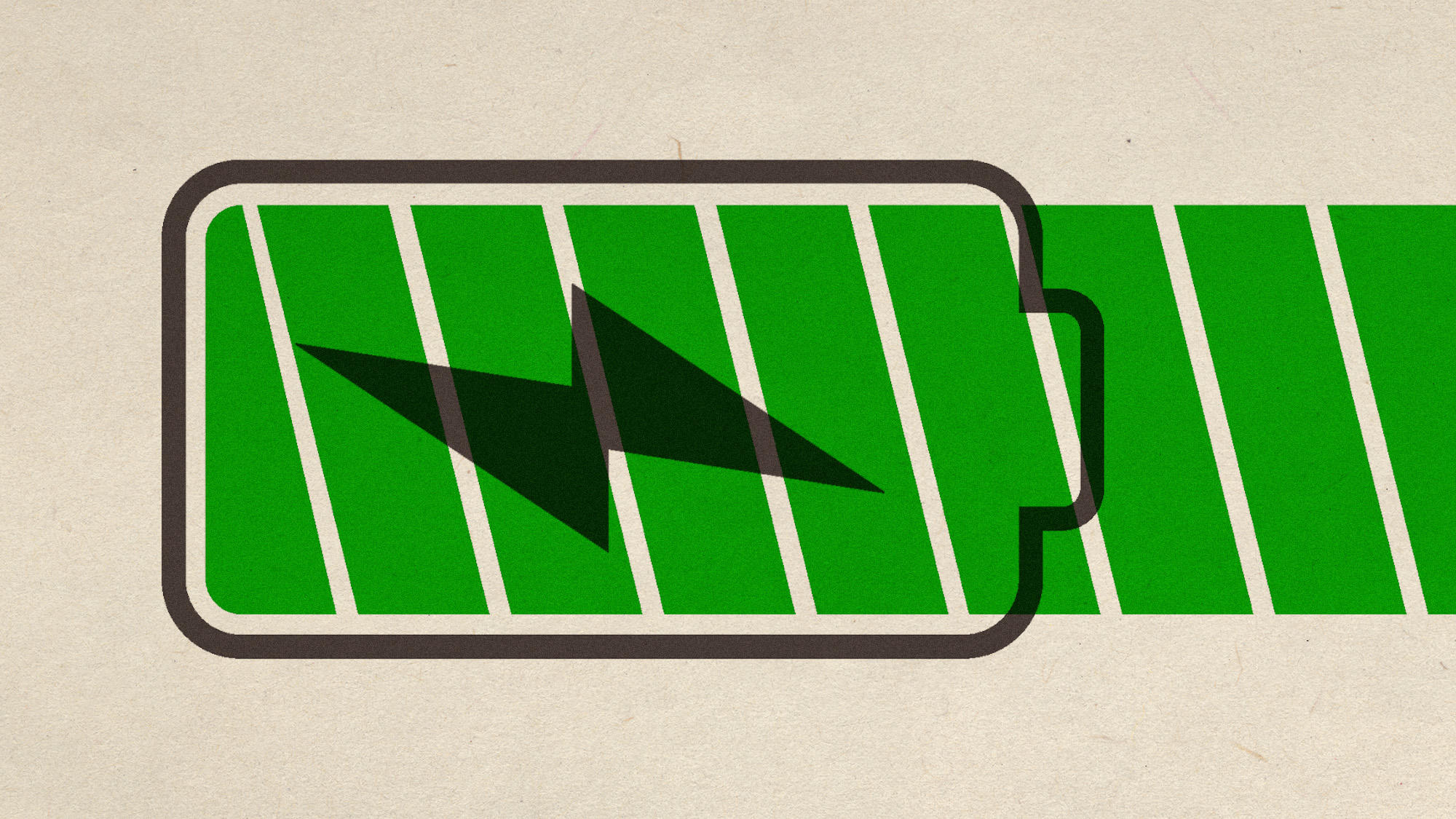 Megabatteries are powering up clean energy
Megabatteries are powering up clean energyUnder the radar They can store and release excess energy
-
 Renewables top coal as Trump seeks reversal
Renewables top coal as Trump seeks reversalSpeed Read For the first time, renewable energy sources generated more power than coal, said a new report
-
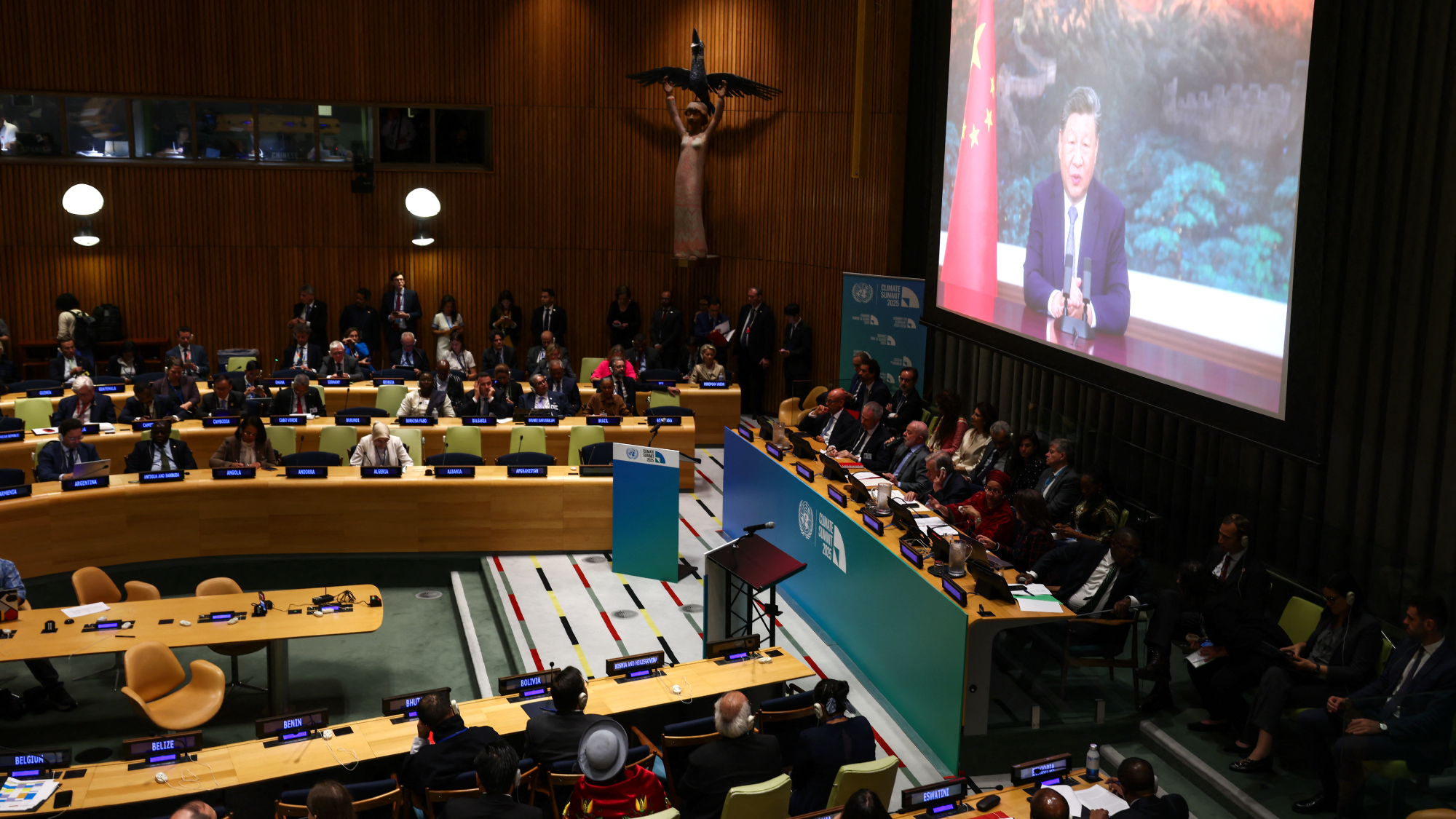 China vows first emissions cut, sidelining US
China vows first emissions cut, sidelining USSpeed Read The US, the world’s No. 2 emitter, did not attend the New York summit
-
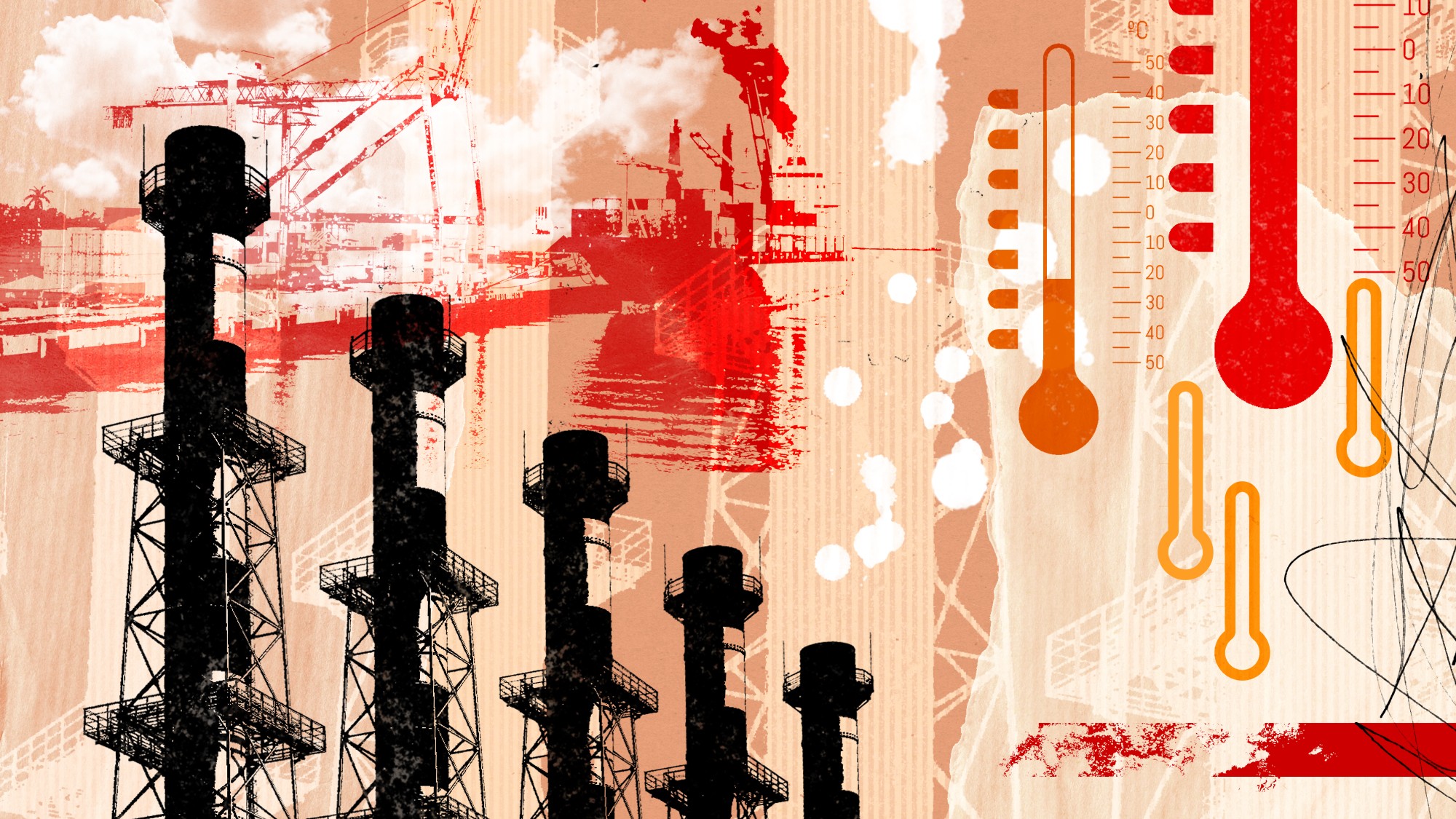 How clean-air efforts may have exacerbated global warming
How clean-air efforts may have exacerbated global warmingUnder the Radar Air pollution artificially cooled the Earth, ‘masking’ extent of temperature increase
-
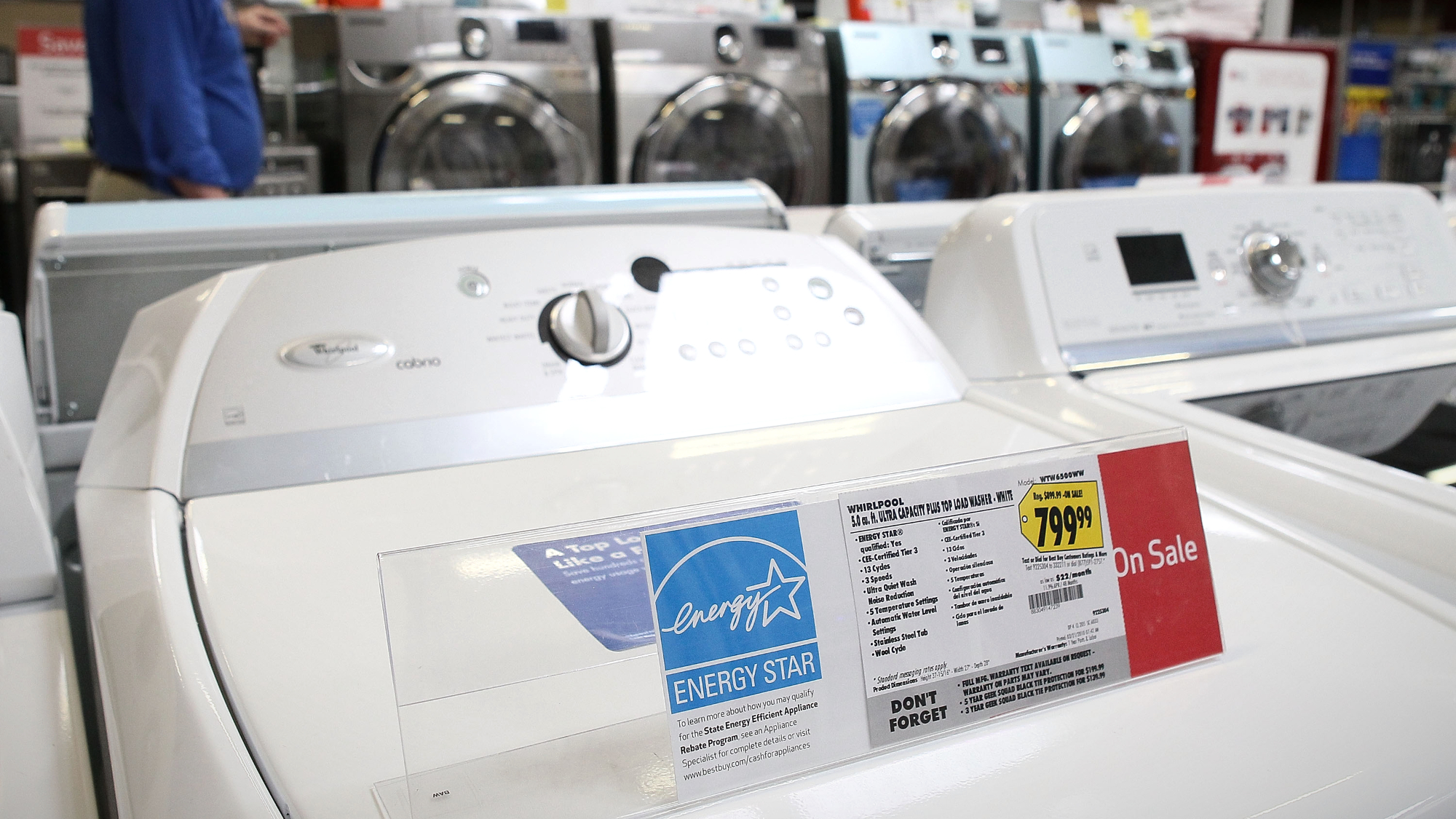 EPA is reportedly killing Energy Star program
EPA is reportedly killing Energy Star programspeed read The program for energy-efficient home appliances has saved consumers billions in energy costs since its 1992 launch